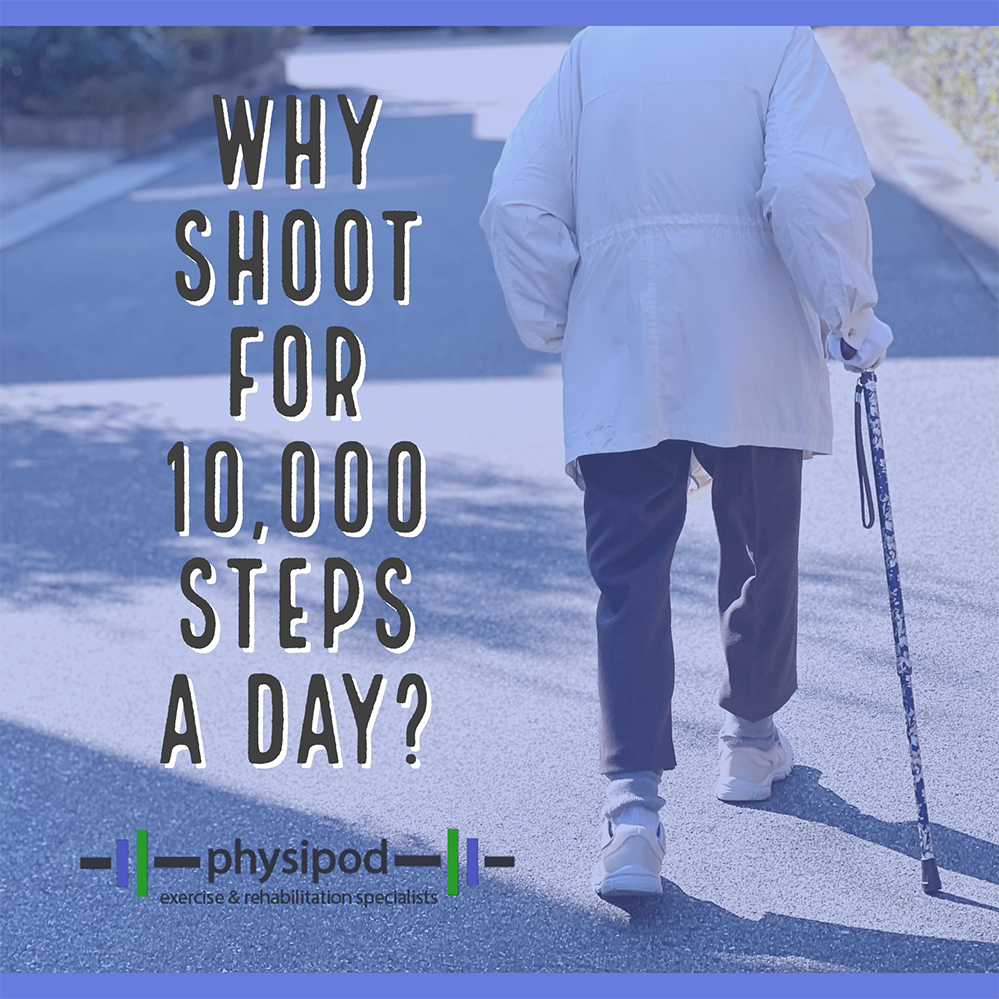 Most of us that track our steps these days have that magical number in mind to shoot for: 10,000. Perhaps most of us don’t actually know why we are shooting for that number though!
Most of us that track our steps these days have that magical number in mind to shoot for: 10,000. Perhaps most of us don’t actually know why we are shooting for that number though!
As it turns out, it isn’t just a random, round number, but rooted in evidence based on a two large-scale studies published by Journal of the American Medical Association (JAMA).
The first of these studies found that walking approximately 10,000 steps per day was associated with fewer cases of dementia (del Pozo Cruz et al, 2022). 78,430 participants were followed over a 7-year period with daily step counts, inpatient hospitalizations, and contributory causes of death in death registers monitored. Once all of the data was analyzed, it became clear that a goal of 10,000 steps is optimally associated with lower risk of dementia and that steps performed more quickly or at a higher intensity meant increased benefit (del Pozo Cruz et al, 2022).
The second seminal that bolstered this idea was also published by the JAMA and conducted by the same primary author. This one looked into the broader benefits of shooting for 10,000 steps and the results were equally compelling: more steps mean more benefits! Additional steps were linked with a reduced risk of over a dozen types of cancer and cardiovascular disease (del Pozo Cruz et al, 2022).
If you’re wondering how you can track your steps, most smart phones (iPhones or andriods) have the ability to count steps. Fitness watches are also often equipped with pedometers. A good old-fashioned pedometer attached to your shoe works too!
 Back to myNiagaraOnline
Back to myNiagaraOnline































